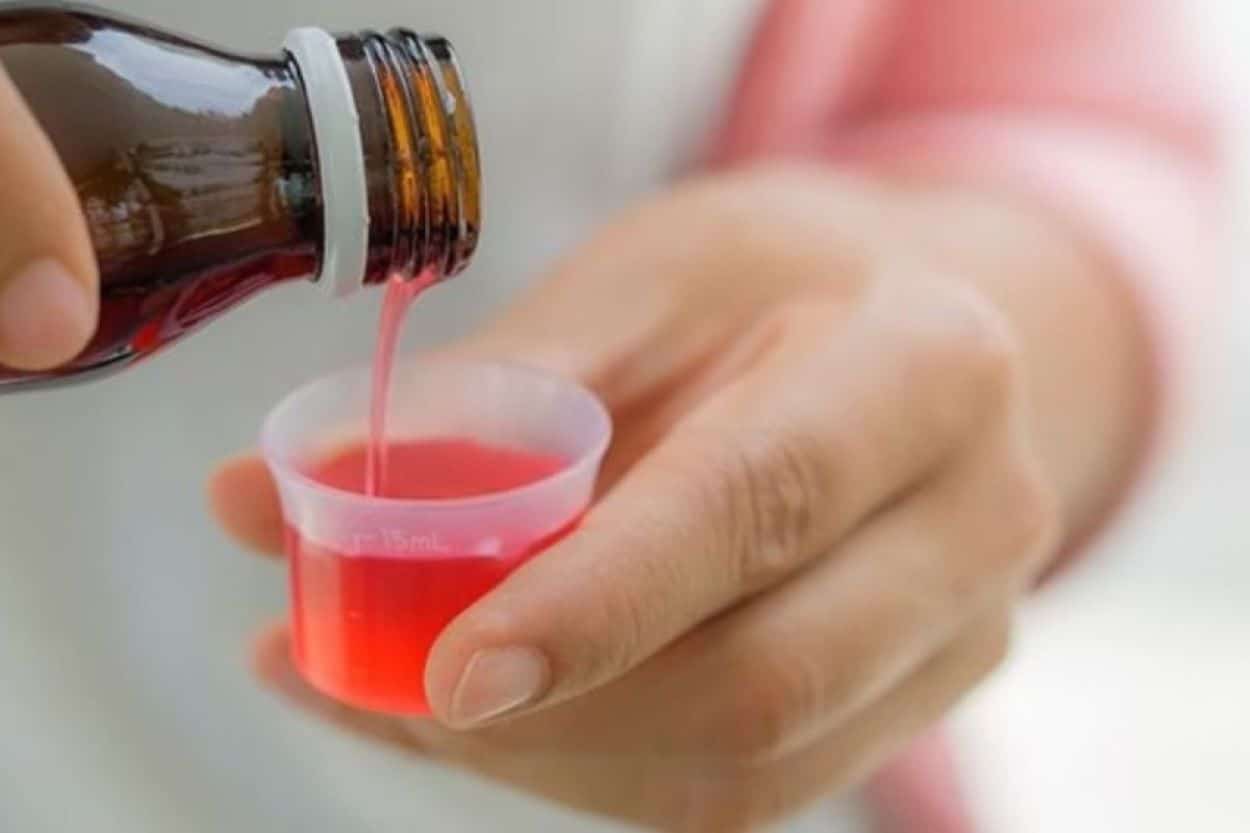On October 8, 2025, Indian authorities banned Respifresh and RELIFE cough syrups after tests revealed toxic diethylene glycol, linked to the deaths of 17 children under five. The Gujarat state advisory, echoed by others, warned of the chemical’s dangers, including kidney failure and neurological issues. This follows the October 2 ban on Coldrif, made by Sresan Pharmaceutical, which contained 500 times the safe limit of the toxin.
The 17 deaths occurred over the past month, prompting swift action. Coldrif, sold locally, was confirmed toxic, while Respifresh (Rednex Pharmaceuticals) and RELIFE (Shape Pharma) also failed quality tests. Gujarat officials halted production and distribution, citing unspecified deficiencies. The World Health Organisation (WHO) is investigating whether these syrups were exported, awaiting confirmation from India for a global alert.
WHO asks India to check whether cough syrup linked to child deaths was exported https://t.co/3Bq3TyjLc1 https://t.co/3Bq3TyjLc1
— Reuters (@Reuters) October 8, 2025India’s drug controller, Rajeev Raghuvanshi, reported lapses at manufacturing units. Inspections revealed a failure to test raw materials and final products, which is mandatory under law. Since 2023, cough syrup exports require government lab testing after over 140 child deaths in Gambia, Uzbekistan, and Cameroon. Sresan’s Tamil Nadu factory, now closed, faces manslaughter charges, with police investigating.
India’s $50 billion pharmaceutical sector, the world’s third-largest, supplies 40% of US generics and over 90% of medicines in Africa. Past incidents—12 child deaths in India in 2019 and global cases since 2022—tarnish its reputation. The Health Ministry is inspecting 19 other units across six states to prevent further risks.
The bans highlight critical gaps in drug safety, threatening public trust and India’s export market. Swift regulatory action and global scrutiny aim to protect children.






